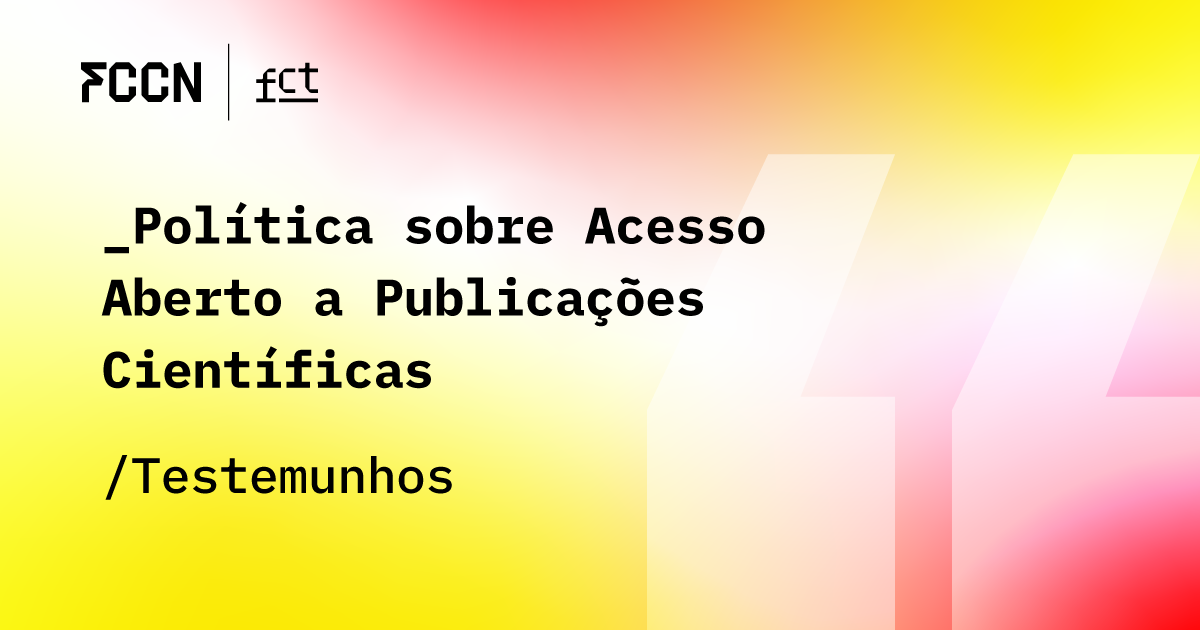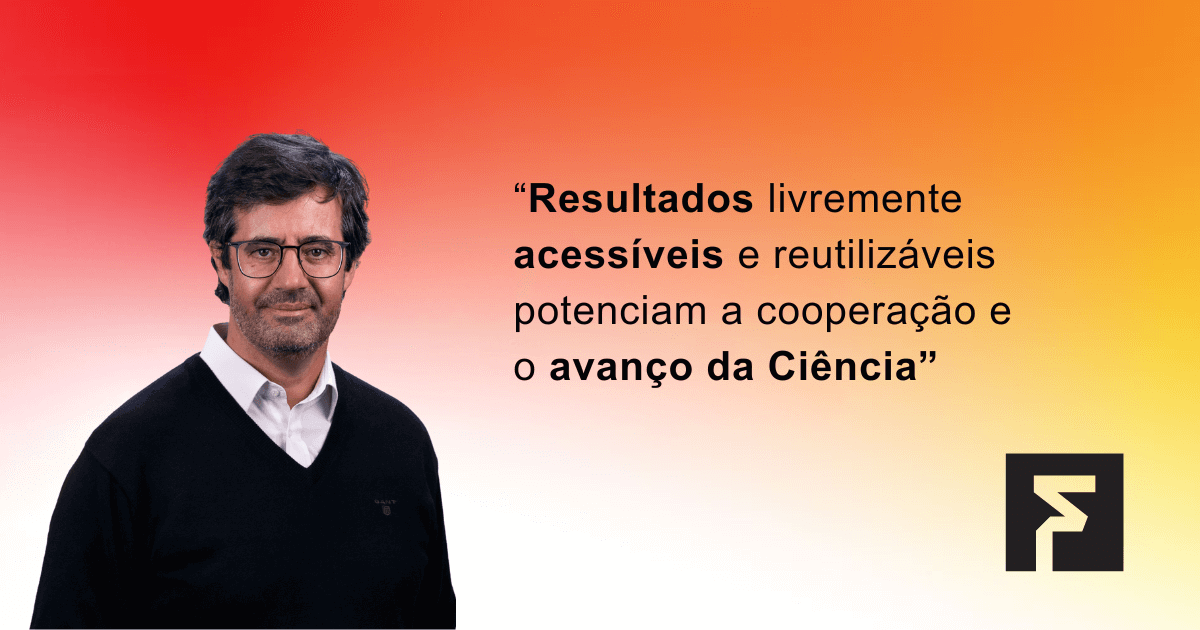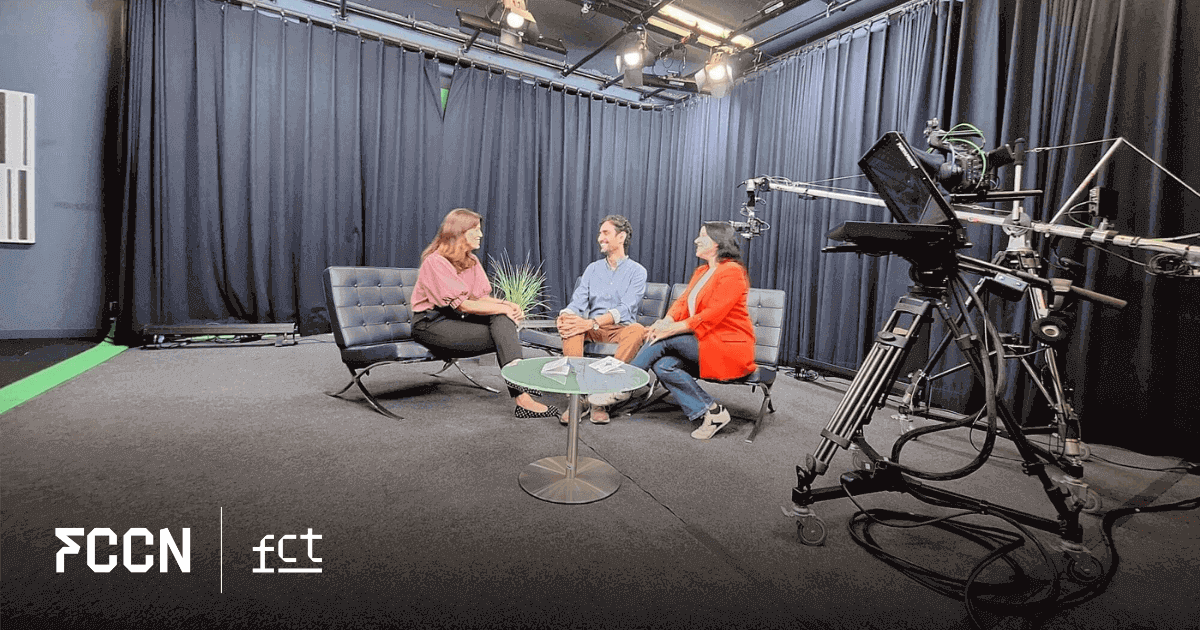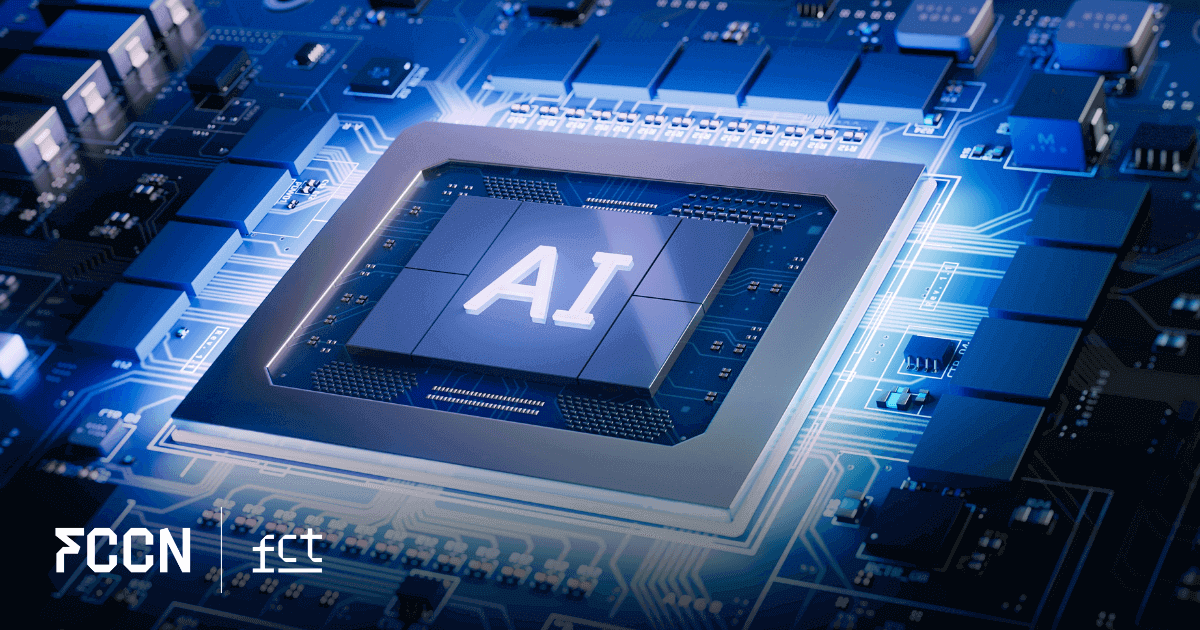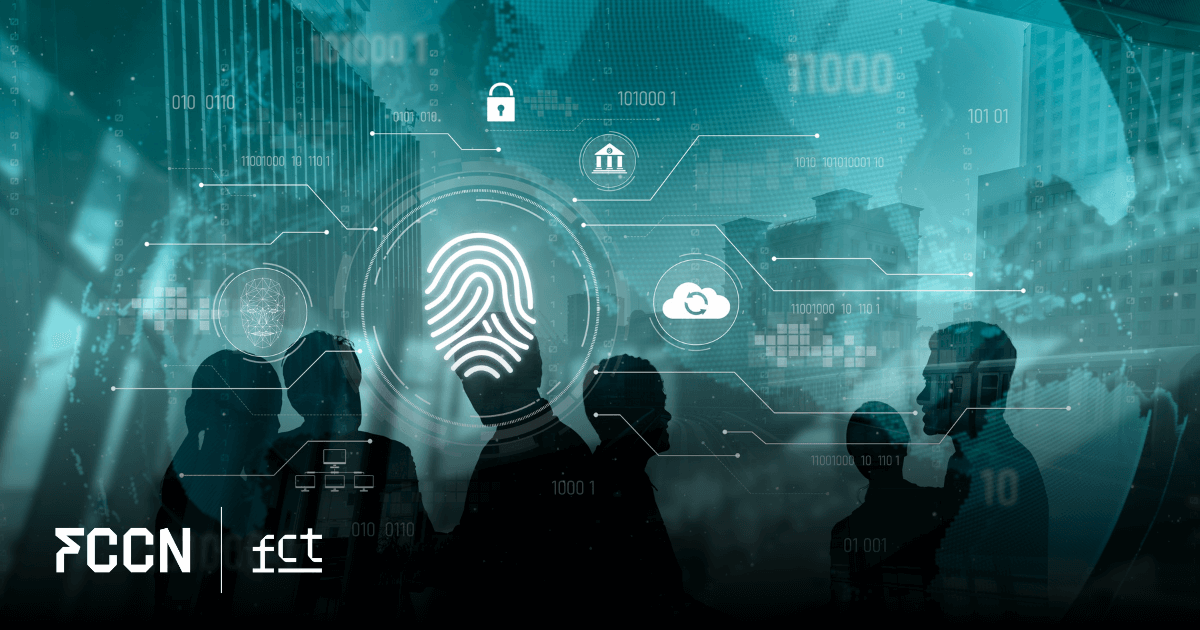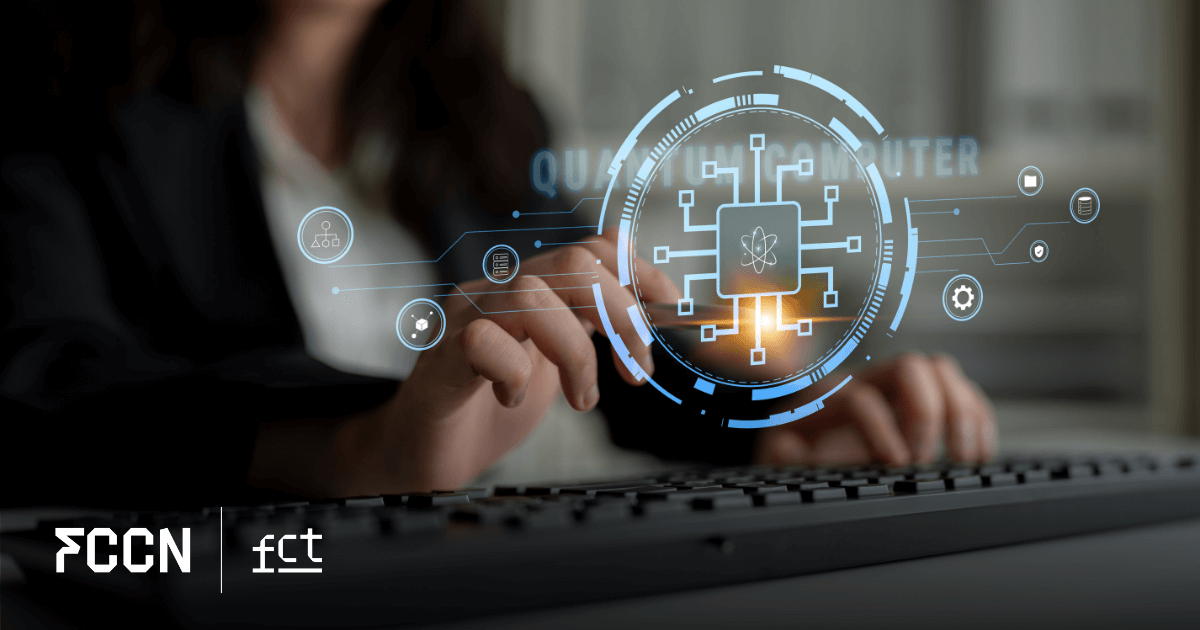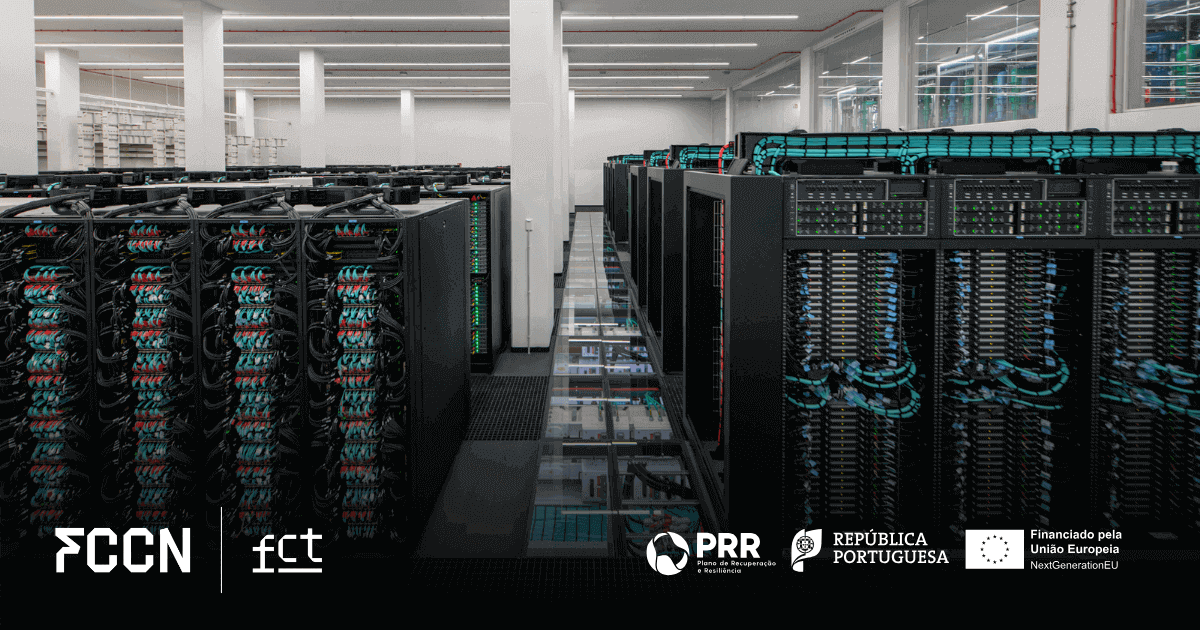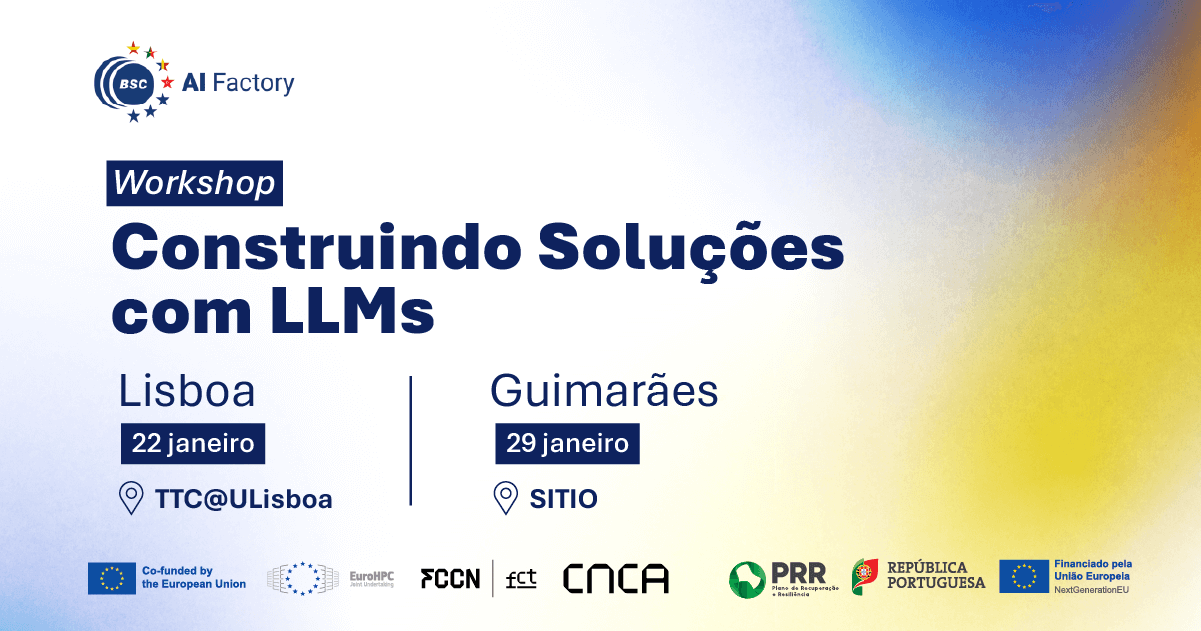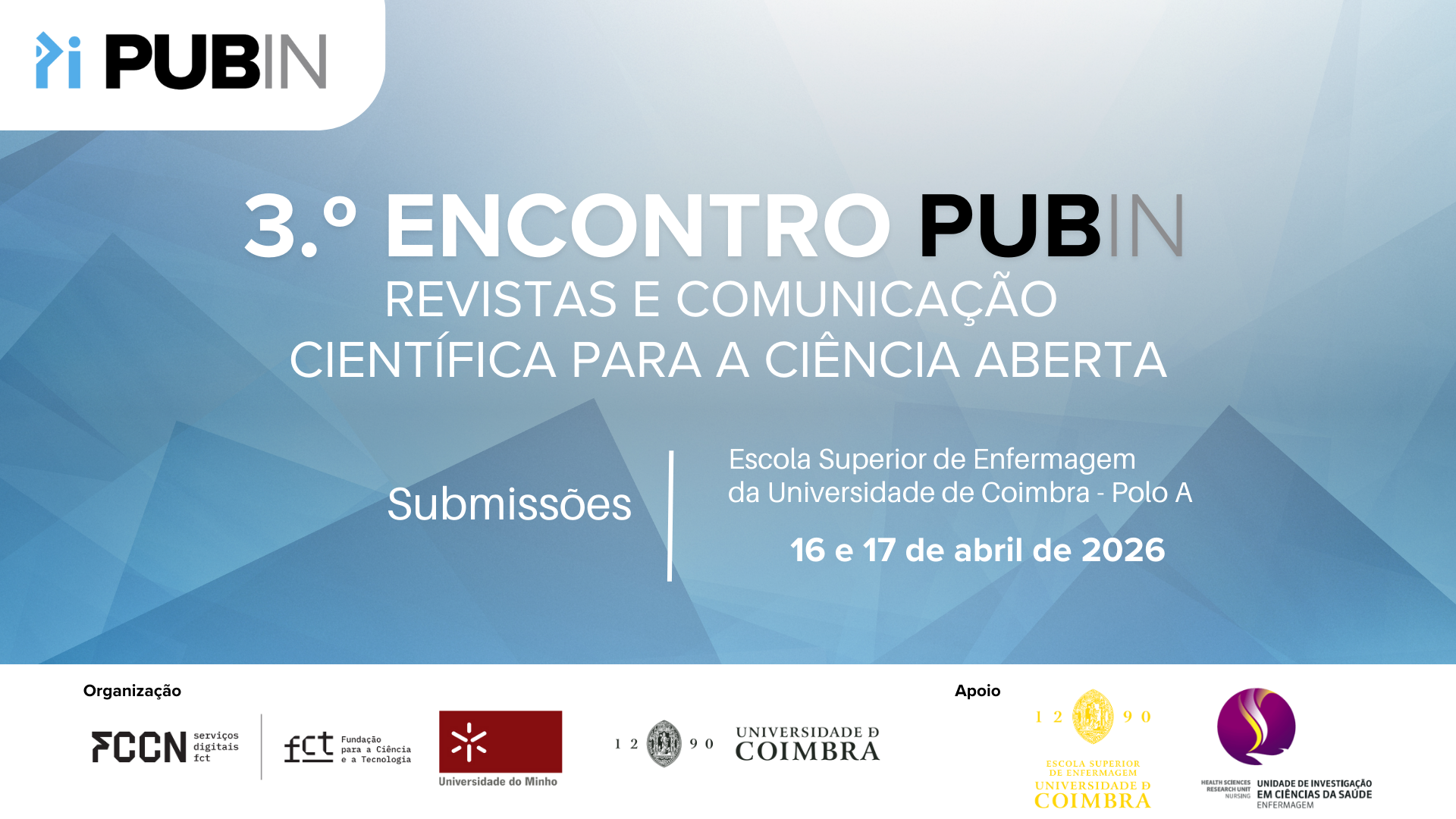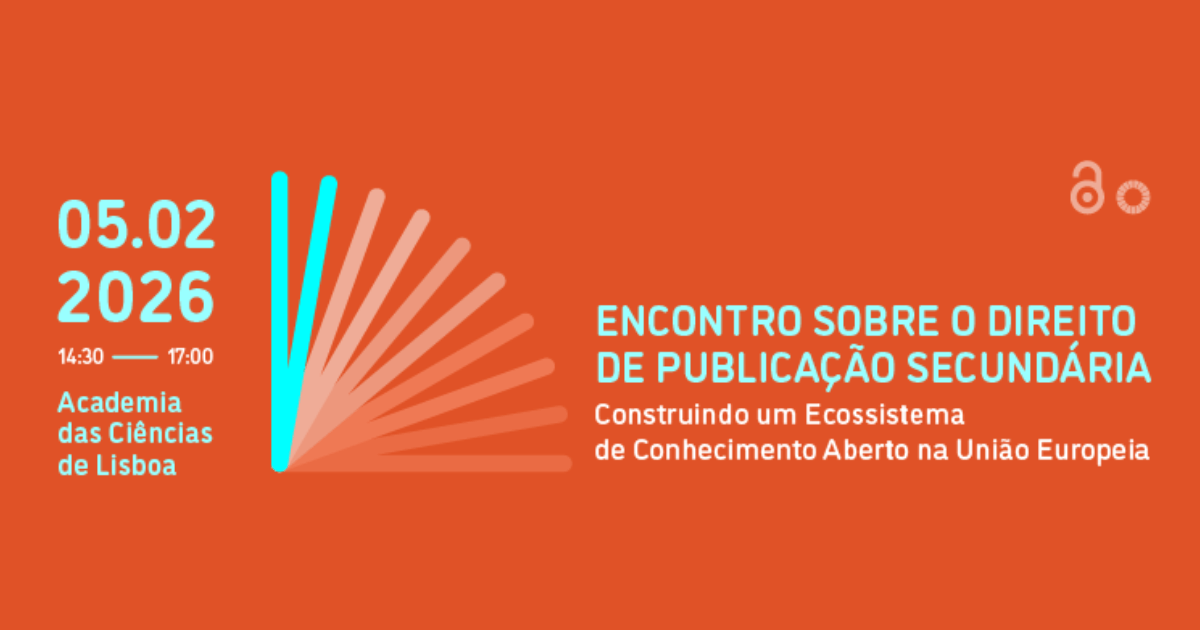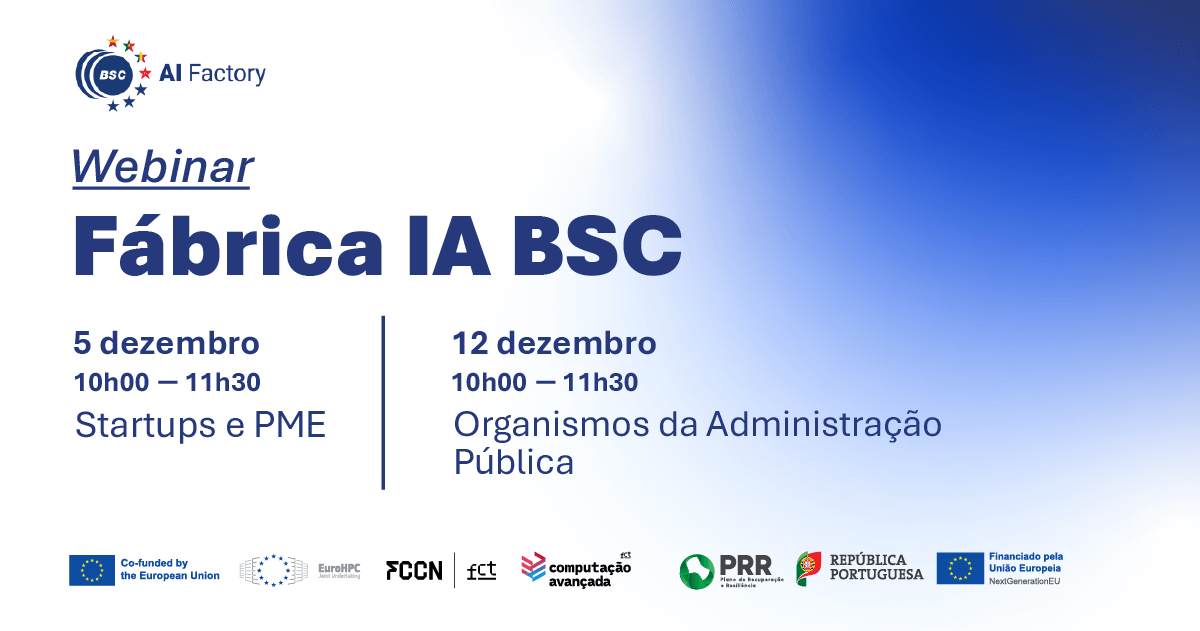Learn about the projects and services offered by the FCCN Unit to higher education faculty and students. Conducting meetings and classes remotely, sharing educational resources and content, and sending large files are just a few examples.
The fact that higher education and research institutions are part of the RCTS network allows them unlimited access to services ranging from high-speed connectivity to collaboration services and many others, aimed at improving the lives of this community. Thus, the FCCN Unit of the FCT (Science and Technology Foundation) connects more than 600,000 students, researchers, and staff who rely on the national education network daily.
9 services for the Higher Education community
#1 eduroam. Connect to the world
Available in over 100 countries, the eduroam service has become a regular presence in campuses of higher education institutions. In Portugal – which was one of the founding countries of this service – they exist 76 institutions linked to eduroam which thus provide secure Internet access to their communities.
This service is managed in Portugal by the FCT FCCN Unit, which guarantees all members of the academic community a valid access credential at any access point on this global network. For this reason, with the same login, it is possible to have access to the Internet in various locations in the country and around the world.
One of the steps considered for the future of this service in Portugal is related to the provision of Internet access in spaces outside the academic world, especially those that are visited daily by users,
#2 Filesender. Send large files securely
Ideal for those who need to send and share large files, Filesender is another of the FCCN Unit's services with added value for the academic and research community.
Through this web application, it is possible for authenticated users (through the service RCTSaai) send and temporarily store large files, whose data remains housed in Portugal.
The maximum upload limit is 100 Gb, which makes this a very useful solution for situations where the file you want to send is too large to be sent by email. There is also the advantage of being able to be sent to several recipients simultaneously (up to a limit of 100), from the same upload. Files are available for 30 days.
Over the last few years, the increased use of this service has led to the strengthening of software and hardware that are at its base.
#3 Educast. Share your work
For all students and teachers who wish to record, share or disseminate their academic work in video format, the Educast is the ideal tool. Through this platform, it is possible, in a simple way, record, edit and publish content such as assignments, classes or presentations. To do this, you only need a personal computer and the recording and editing platform available online.
In 2021, Educast presents several new features, following the release of a new HTML5 editor late last year. In addition to several accessibility and usability improvements, it's now possible to enrich content metadata and create editable descriptions, for example. A new one will also be launched soon. landing page of the service, where the main focus will be on searching for content on the platform.
In 2021, Educast records about 7,580 educational videos published, for a total of 446,394 minutes produced. Compared to 2020, there has been an increase in its use with 9,312 new users and 725 new channels created by these.
#4 b-on and #5 RCAAP. Find information
What should you do when supplementing a bibliography? Two FCCN services are key allies for teachers, students, and researchers in this task: the Online Knowledge Library (b-on) and the RCAAP (Open Access Scientific Repositories of Portugal).
b-on offers unlimited and permanent access to thousands of periodicals and e-books published by some of the leading international publishers. This scientific content covers various disciplinary areas, ranging from Social Sciences and Humanities to the areas of Science, Technology and Medicine. By aggregating institutional demand into a centralized transaction, b-on allows its members to access a much more comprehensive set of content – something that, individually, would not be economically viable.
RCAAP provides users with a platform for storage, preservation and promotion of open access to scientific knowledge produced in Portugal. It is a single point for research, discovery, location and access to thousands of scientific and academic documents, including articles from scientific journals, conference papers, theses and dissertations, distributed across the repositories that make up the network, both national and Brazilian.
#6 Colibri. Communicate remotely
The effect of the Covid-19 pandemic has led to the Colibri became crucial to replace face-to-face classesThis is because this web collaboration service allows you to hold classes and meetings remotely in a secure environment. With the capacity to hold videoconferencing sessions for up to 300 participants (with audio, video, text, image, screen and whiteboard sharing), Colibri saw its usage increase significantly in 2020 and 2021.
Over the past few months, Colibri has been improving the integration of the service with other distance learning support platformsIn addition to integration with Moodle, it recently became possible to securely open collaborative applications in a session without having to share an external page, application, or website.
In order to support the community in using this new feature, a dedicated page has been created on the Colibri help site which contains the main recommended applications. Please note that direct access to the Zoom API continues to be restricted to the FCCN Unit, for security reasons., and all untested applications will always have to go through the service management's testing and approval flow.
#7 Arquivo.pt. Travel to the past
Thanks to Arquivo.pt, it is possible to find information published online since the 90s, through a simple and intuitive way to search and consult web pages from the past. This information may be relevant for academic work and scientific research, for example, or for use in the classroom, with the possible creation of case studies in areas such as Design, Social Sciences or Information Technology.
Over the past few years, the service has included new features, today it is possible, for example, to search for images from the past. In 2021, 1.8 million images from the Web's past became searchable on Arquivo.pt, after processing more than 8 billion pages, totaling 520TB of archived data, corresponding to the time period from 1992 to 2019.
Another of this service's initiatives of special interest to the academic community is the Arquivo.pt Award – one iannual initiative that annually recognizes innovative work carried out based on preserved historical information. The works can focus on topics from any area (e.g. Education, History, Sociology, Communication, Health, IT).
#8 NAU. Invest in training
Attending higher education—whether as a student or a teacher—presupposes an active approach to learning, regularly supplementing the knowledge acquired. This is where the NAU Platform is considered an added value for all members of the academic community, by providing free online courses (MOOCs) in diverse areas ranging from Health to Cyberbullying, Personal Data Protection or Education.
In April 2021, this FCCN Unit service celebrated two years of existence, a journey that was marked by very significant growth in registered users. The number of connected entities has also been increasing, growing by 130% in the same period. It is important to highlight that a significant proportion of the participating entities are higher education institutions., which highlights the connection of this service to the academic community, with the possibility of providing training tailored to needs.
#9 Studio. Create top-notch content
The FCCN Studio provides professional equipment for the production of audiovisual content to the entire Higher Education educational community. To this end, it relies on high-definition equipment for capturing audio and video, such as professional video cameras (4K), Teleprompter, Lighting or Chroma Key, in addition to specialized technical support.
Through this structure, students can create videos to complement their academic projects, while teachers and researchers can produce pieces to promote their scientific projects, for example. Webinar Broadcasting (live or deferred) or the creation of digital classes are other possibilities made available to Higher Education teachers.
Use of the FCCN studio is subject to reservation. To view the schedule and request use, visit: https://www.fccn.pt/colaboracao/estudio/.
What is the Science, Technology and Society Network (RCTS)?
One of the FCCN Unit's missions is to provide connectivity services to higher education stakeholders: professors, students, researchers, and senior technicians. As such, the FCCN Unit of the Foundation for Science and Technology (FCT) drives the national academic and scientific network, which is joined by more than 80 higher education institutions (you can check the full list here). Members of participating institutions can access the various tools provided through federated accreditation. To learn more, visit FCCN website.
The Science, Technology and Society Network (RCTS) is the digital infrastructure for Connectivity and Computing, aimed at the Research and Teaching community. With it, we ensure Communication, Collaboration, and the development of new Scientific Knowledge.

